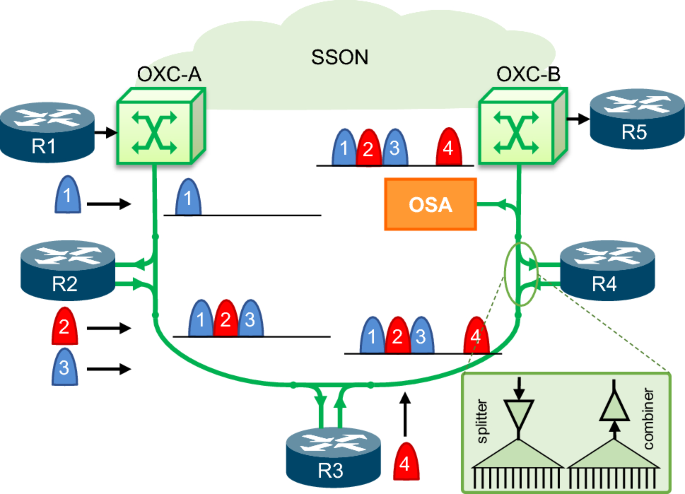Filterless optical networks (FONs) have been proposed as a feasible solution for optical metro networks. In addition, as a result of the shorter distance compared to core optical networks, direct detection optical transmission systems can be used in metro FONs, which reduces costs, as compared to coherent detection systems. In this work, we present two optical signal tracking approaches for FONs that allow to detect small frequency laser drift problems and enable safely reducing channel spacing. Additionally, we study the most proper resolution for optical spectrum analyzers continuously scanning the whole C-band. Proposed approaches are: (1) feature-based tracking and (2) residual-based tracking. Experiments are carried out to compare the performance of the approaches for both direct detection and coherent detection systems, in the case of a single optical signal with no neighboring signals nearby in the spectrum, as well as in the case of a group of optical signals closely allocated in the spectrum. The results show that the residual-based approach enriched with contextual information enables to better track and correct the wavelength drifts before they reach their limits (e.g.,?±?2.5 GHz), leading to the guard band reduction for what concerns wavelength drifts.

Example of a horseshoe FON. (Image by XIOPM)


